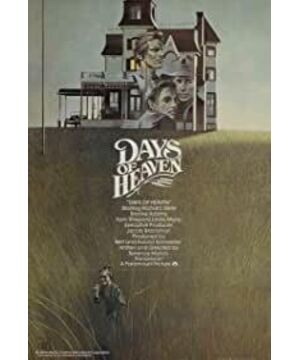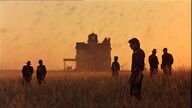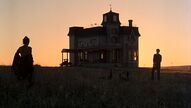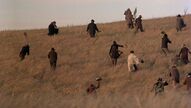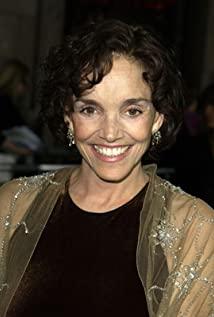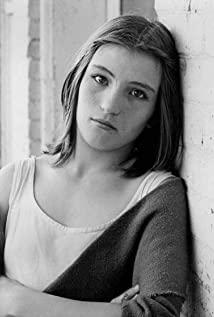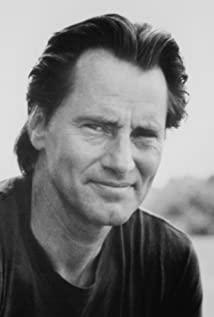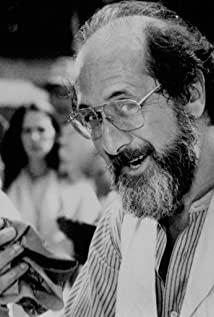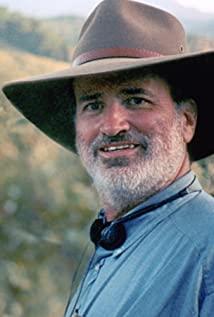Looking at the photos of my parents' wedding, the furniture of that era, the clothes of that era, the film quality in the photos, everything is pleasing to the eye. If I had to choose a period to live in, I would live in the 1990s. Because it seems that all the days of heaven are that wonderful film age.
Terrence Malick, a director who loves what he loves and hates what he hates, in his way, proves the secondary importance of story in film. "The Tree of Life" and "The Journey of Time" are all propelled by vague and stream-of-consciousness narratives, trying to interpret the endless topic of the universe and life.
Malick's 1978 film "Days of Paradise" is also such a very expressive film.
Smooth and light movement of the camera, experimental camera settings, and excellent mise-en-scene. Unpainted faces slowly ferment in the film. The aroma of aged wine fills the entire cinema at the moment of film screening, showing the heavenly scenery of American farms in the early 20th century.
Photography under natural light has the power to reflect the accumulated emotions in the heart, sometimes it makes people forget the passage of time, sometimes it makes people shocking, like sitting on pins and needles. The immigrant train, the wind blowing wheat waves, the flying locusts in the sky, and the tongue of flames, each frame is an oil painting. Roaming in it, the movie has nothing to do with what happened and what will happen. It exists only after the passage of time. Stay in paradise.
About this film, I can't describe more, but more for the audience to feel it, because it has nothing to do with the constraints of the plot, and is free from the shackles of ethics and morality. It is a purely spiritual and aesthetic creation. That's the beauty of movies.
View more about Days of Heaven reviews


